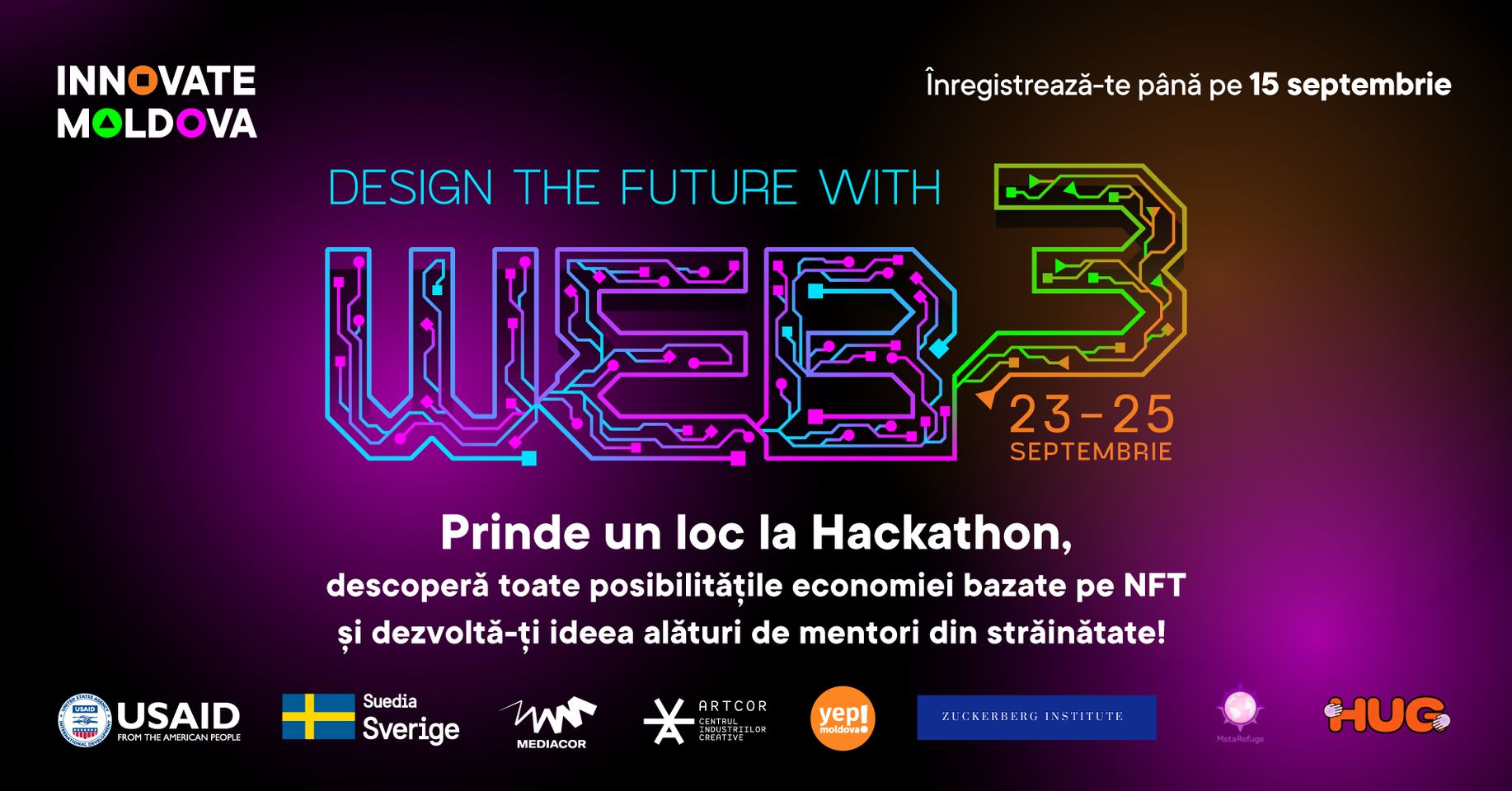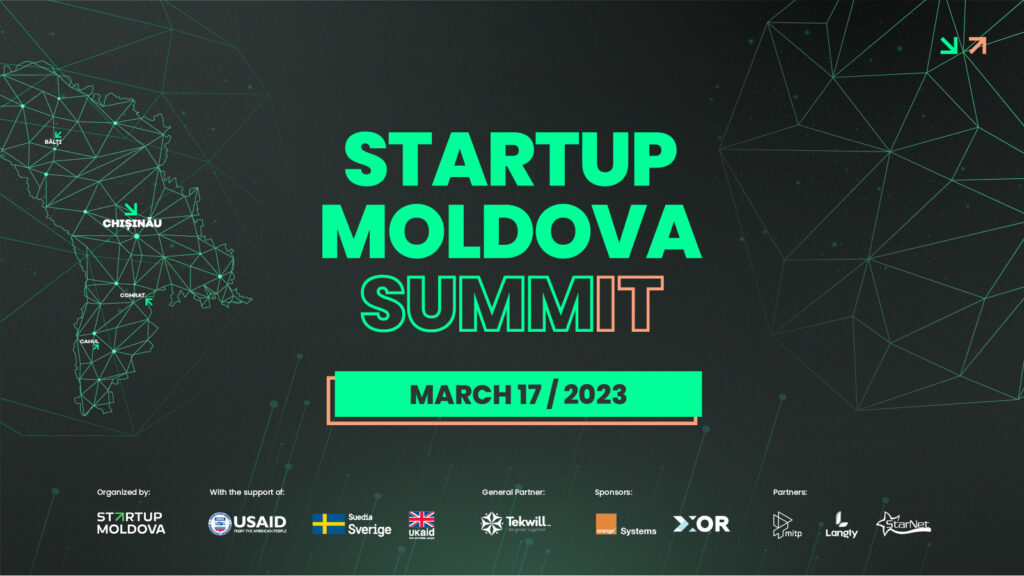
Web 3.0 Hackathon
What do you know about Web 3.0?
Once upon a time, when dinosaurs roamed the Earth, there was Web 1.0. Kidding, of course 🙂
Now on a serious note, Web 1.0, or the Read Only version, is the Internet of the ’80s-’90s – the period when people could only read static pages, without the possibility of posting something. In the early 2000s, when Web 2.0, or the Read-Write-Publish version of our everyday Internet appeared, so did the nowadays content creators.
However, the most amazing and revolutionary one is the latest version – Web 3.0.
Why?
Because, unlike the previous versions, it doesn’t keep you “tied” to the need of creating a new identity each time when you want to interact with or create something. Here you are no longer dependent on the networks that own your personal data and preferences. Here the apps are easy to create and customize regardless of the device. They can run anywhere: a smartphone, TV, tablet, car or any other gadget with smart sensors.
In other words, Web 3.0 is heaven on earth for those who want to own a business without being dependent on anyone. Thus, your cryptocurrency wallet can be accessed from anywhere and anytime, regardless of whether you’re using Android or iOS, or whether you’re in Moldova or the Bahamas. This is what we call Blockchain without limits: the freedom to have access to all facilities regardless of your geographical area, income or other socio-demographic characteristics.
In Web 3.0 you will be able to transfer digital assets to anyone, anywhere, anytime. Come and learn more about it from the people who really know all about it.
Here is what we are going to do on September 23-25:
- we will explain, together with Zuckerberg Institute mentors, what Web 3.0 means and how it works
- we will work in teams to develop your business ideas
- the winning team will benefit from a mentorship abroad
There is a maximum limit of 12 teams admitted. Grab a seat! Register now: https://bit.ly/3dNIgY6
The registration form is closing on September 15. The event is organized by Innovate Moldova, in collaboration with USAID, HUG, Zuckerberg Institute, and Possible Zone
